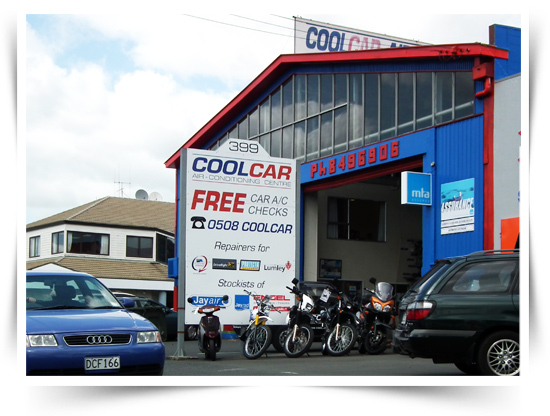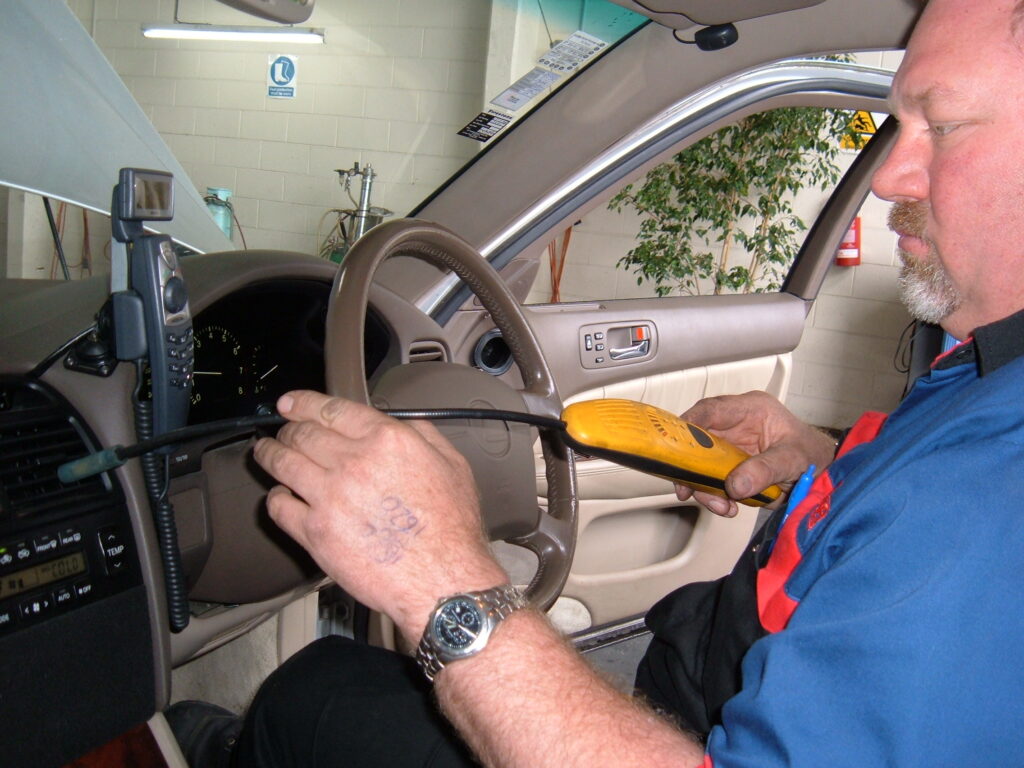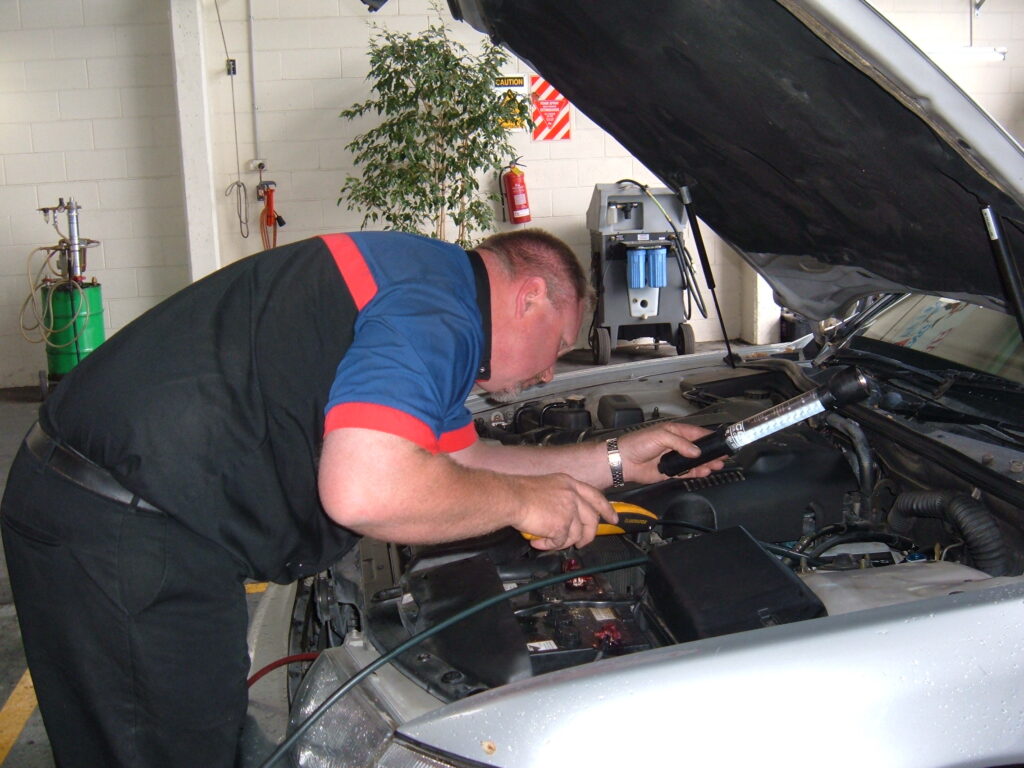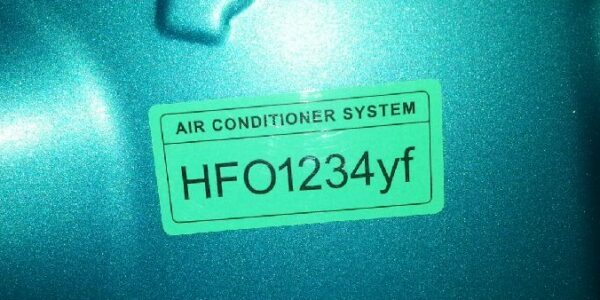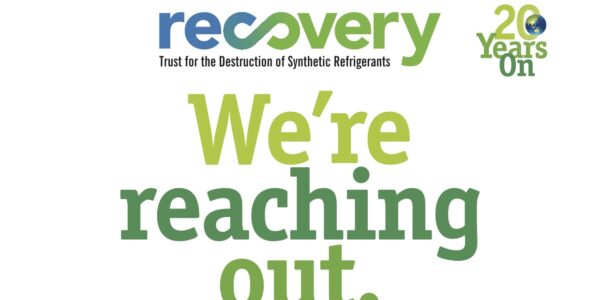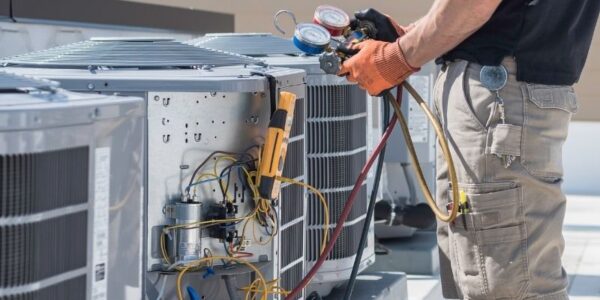NZ Automotive AC field survey, summer 2014-2015: Part 1
- PostedPublished 18 September 2015
In 2013, MACS (the US-based Mobile Air Conditioning Society) conducted a field survey to profile the work being done and the vehicles serviced by independent service facilities within their membership.
This survey has been repeated over a number of years, during which time the survey data has been expanded.
As part of the close ties between MACS and VASA, CoolCar air conditioning Centre in Hamilton, New Zealand, participated in the 2013 survey, sparking an interest in data reflecting our local automotive air conditioning landscape.
Just 279 of 667 vehicles surveyed had an exclusively refrigerant-related problem
A survey of 667 motor vehicles, including cars, trucks, tractors and heavy equipment was conducted between December 1 2014 and March 31 2015, including actual repairs and evaluations carried out by CoolCar air conditioning Centre, Hamilton.
The workshop offers a free diagnostic assessment on passenger cars, which includes an itemised estimate to carry out our recommended servicing and repair. The free evaluation excludes complex electrical diagnostics and evaluations on other vehicle types may be carried out on a fee-for-service basis.
Following evaluation, repairs are carried out in the majority of cases, which allows confidence that the evaluations are often accurate.
Statistics on evaluation versus the actual repairs did not form part of this analysis but invariably, in a small number of vehicles, the finding would be extra faults rather than fewer (such as additional leaks or perhaps finding that a control valve or TX valve does not adequately address a variable compressor fault and compressor replacement is required).
There continue to be operators who insist on ‘re-gassing’ air conditioning systems low on refrigerant without carrying out a proper leak detection and rectification process.
Our findings show that with the proper inclination, equipment and skill the cause of low refrigerant can be found in the vast majority of cases when it is the cause of poor air conditioning system performance.
It is our aim to debunk the myth that car air conditioning systems lose 10-20% of their refrigerant per year, which is used by disreputable operators to justify their misleading sales practice of ‘re-gassing’ without repairing modern car air conditioning systems that are low on refrigerant.
Moreover, we found only 279 of the 667 vehicles surveyed had an exclusively refrigerant-related problem as shown in the table below:
| 279 | Refrigerant fault only |
| 156 | Refrigerant fault and non-refrigerant related fault |
| 227 | Non-refrigerant related fault found only |
| 5 | No fault found |
| 667 | Total |
Further information on the findings of the study will be made available in coming editions of SightGlass News, including a comparison of our findings with MACS’ latest survey plus common trends and faults.
NZ automotive air-conditioning landscape overview
- Recent amendments to the Climate Change Response Act 2002 making the preventable release of synthetic greenhouse gases (SGG) like R134a an offence since January 2013
- Growing awareness that the requirements of the Compressed Gases Regulations of the Hazardous Substances and New Organisms Act 1996 apply to all refrigerants used in the automotive sector
- An Approved Fillers Certificate is required by persons recovering refrigerant from air conditioning into a compressed gas cylinder
- The Refrigerant Handling Licence has been developed by Refrigerant Licence New Zealand (RLNZ) as an alternative to obtaining Approved Fillers Certification from an Environment Protection Agency (EPA) Test Certifier
- From January 1 2015 participating wholesalers may restrict the sale of SGG refrigerants to appropriately qualified people in a restrictive sales practice sanctioned by the Commerce Commission, as it was considered the restriction to people with the appropriate Fillers Certificate or Refrigerant Licence was in the public interest
- There is no publicly accessible register of ‘approved’ people
- Marketplace recession pressures mean diversification in the automotive repair industry including into air conditioning and has caused an increase in ‘re-gassing’ being offered by general repairers, including online offers like “Grab One” deals (where ‘re-gassing’ is offered and often all other repairs are ruled out)
- The advent of online and over the counter sales of do-it-yourself refrigerant recharge canisters, with and without dye and sealer has had an impact in the 2014-2015 summer
- There is no public awareness of the requirements of the Climate Change Response Act
- Public perception that ‘re-gassing’ is required for an air conditioning system that is not working or working poorly is our operating reality. When they get can get it, a ‘re-gas’ can give customers instant relief from their problem, with little financial outlay so that the ‘re-gas’ myth is perpetuated
- The Emissions Trading Scheme had not made its impact felt in the automotive air conditioning sector by the end of summer 2014-2015, but has had an impact on the price of SGG used in refrigeration and is likely to affect our industry this coming summer
- The ‘price of carbon’ has increased as emitters are no longer able to purchase cheap Kyoto Units and must buy local NZ carbon credits, the price of which is slowly but steadily increasing
By Catherine Tocker, VASA Director
- CategoriesIn SightGlass
- TagsNew Zealand, refrigerant, SightGlass News Issue 3, Workshop

